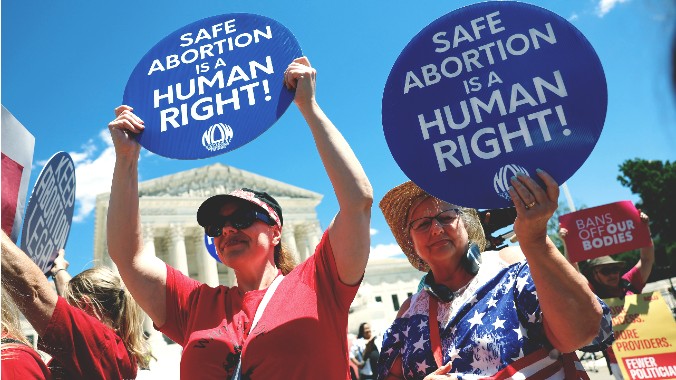Indiana Anti-Abortion Group Is Harassing the Government to Dox Abortion Patients
Under the state's abortion ban, the procedure is permitted only under rare, sensitive circumstances. State health officials say that releasing this information to the public could expose patients' identities.
Getty Images AbortionPolitics
This week, the Indiana-based anti-abortion group Voices for Life escalated its legal war on the state’s Department of Health, pushing to make abortion data public in the state. Since Indiana’s criminal abortion ban took effect in 2023 the health department has withheld most of this data—known as “Terminated Pregnancy Reports,” or TPRs—from the public, out of concern that patients could be identified and effectively doxed.
In May, Voices for Life first sued the department in a push to release the TPRs. In response, the health department sought to dismiss the lawsuit, arguing that TPRs constitute medical records and are exempt from public disclosure under the state’s Access to Public Records Act (APRA). The state’s motion to dismiss is still pending, but on Tuesday, Voices for Life filed a response, making the disturbing argument that publicizing these private medical records is essential to evaluate “whether abortion providers are complying with the law”—which threatens providers with criminal charges—and allow public officials to “[meet] their duties to enforce the law.”
-

-

-

-

-

-

-

-

-

-

-

-

-

-

-

-

-

-

-

-

-

-

-

-

-

-

-

-

-

-

-

-

-

-

-

-

-

-

-

-








































